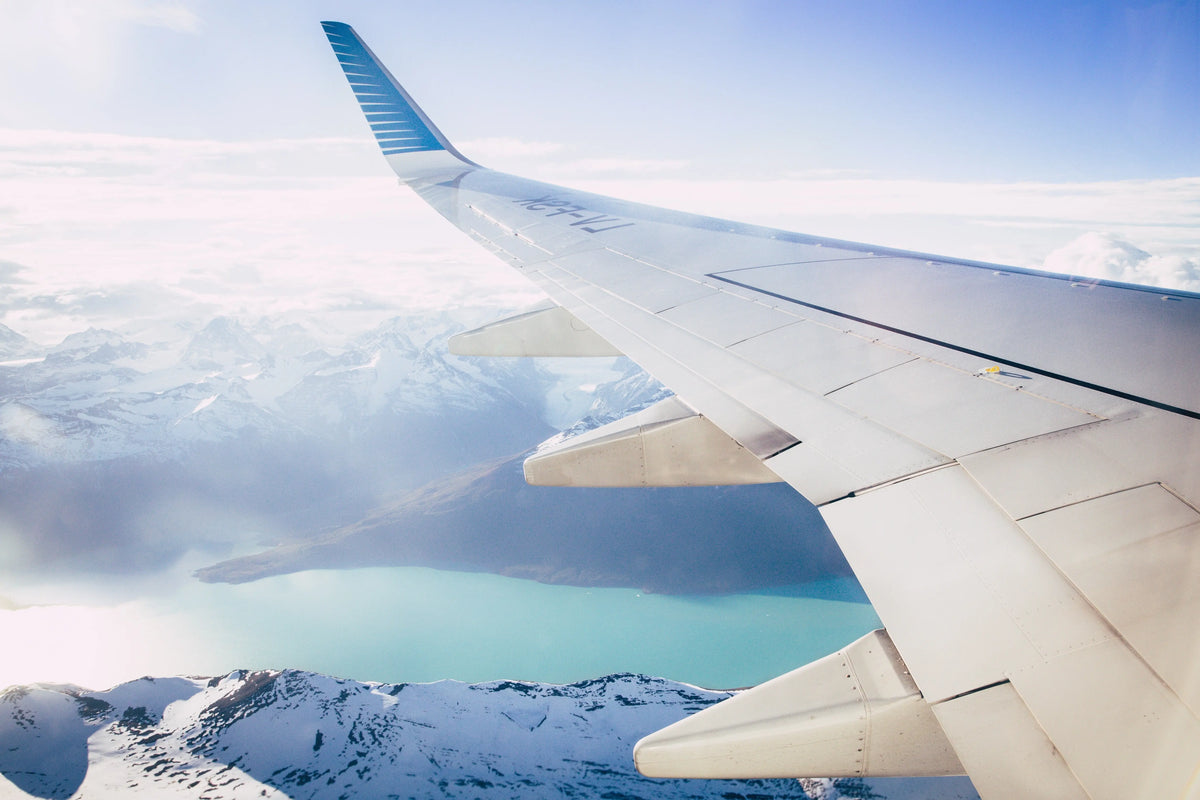
Conquering Jet Lag: Tips for a Smoother Time Zone Transition
|
Time to read 3 min
This store requires javascript to be enabled for some features to work correctly.
Written by: The Myza Editorial Team
|
Time to read 3 min
Whether you're a businessman who has racked up thousands of miles on a frequent flyer programme. Or you've simply been bitten by the holiday travel bug. Any long-haul expedition comes with an unpleasant scoop of jet lag. We used to put it down to the fact that it was just a change in our "states of mind". But studies now show that jet lag is a medical sleeping disorder. That comes as a result of an imbalance in our body's natural biological clock. Aka our circadian rhythms.
The mention of a sleeping disorder is often cause for alarm. But for the most part, jet lag is a fairly minor issue resolved painlessly and quite simply with time. Anyone who's hopped on a flight to another country in a different time zone can tell you that. We're familiar with the phrase "west is best, and east is beast". When it comes to figuring out which direction is best for travel and recovery. But do we actually know how to best overcome a blight of jet lag?
Moreover, do we even know what jet lag actually is? We've thrown around the words "sleep disorder" and "body clock imbalance". But in a scientific nutshell, jet lag is the phenomenon that occurs as a result of changes to body temperature, plasma levels and hormone levels which are influenced by our exposure to sunlight. These sudden changes are what cause us to be biologically confused as to whether we ought to sleep or stay awake. Despite external and societal factors dictating otherwise.
But, as stated earlier, there's certainly no need to panic with this "disorder", which can easily be fixed with some time and determination. By general rule of thumb, for every hour of time zone difference, 24 hours are needed to overcome it. And although this may sound excessive, we've put together a short list of things you can do to kick your sleeping habits into schedule as quickly as possible, to make the most of your time, energy and productivity wherever your travels may take you.
Alas, there is no miracle cure for jet lag. But there are things you can do with your time to help minimise the side-effects. If possible, arrange to arrive in your new destination when it's still sunny out, and force yourself to stay awake until 10pm local time by resisting the urge to nap in between (if absolutely necessary, the nap should be for no longer than two hours). The exposure to sun for as long as possible helps regulate your inner clock. Making it easier to settle in to a new rhythm.
Make the effort to go to bed earlier a few days before the anticipated trip if you're traveling eastward. If you're headed west, go to bed a few hours later. And once you're on the plane, change your watch to your destination's local time to trick yourself into falling into an appropriate routine.
Contrary to popular belief, there are no specific foods that will cure your jet lag. But eating three steady meals according to your new time zone will help nudge your body to adjusting faster to the time. Try not to skip meals, even if it means eating breakfast foods at midnight. Further to that, give alcohol and caffeine a miss as it has the potential to stimulate or tire us out at the wrong times, making it harder to settle into a new rhythm. Opt for water instead, because we all know that travelling and flying is dehydrating enough.
Of course, we expect you'll do your best to make sure your sleep environment is as comfortable as possible when the time is ready. But if you feel the need to supplement your shift in schedule with some external support, there are some incredible pieces of technology out there that are sure to help.
Or, if we're feeling somewhat traditionalist. Investing in a gorgeous eye mask for the journey is worth it to block out the world to achieve the best possible sleep in your new location.
Receive 10% off your first order when you subscribe to our newsletter



